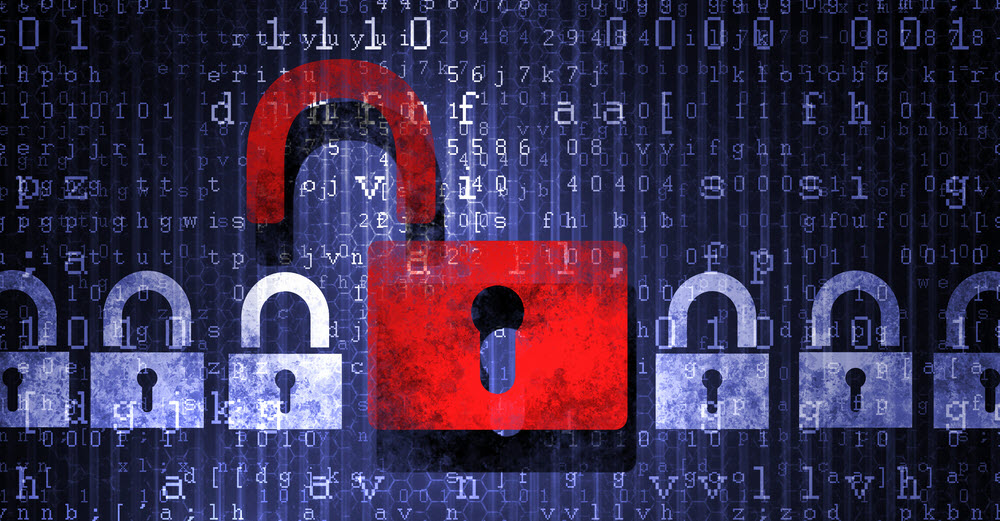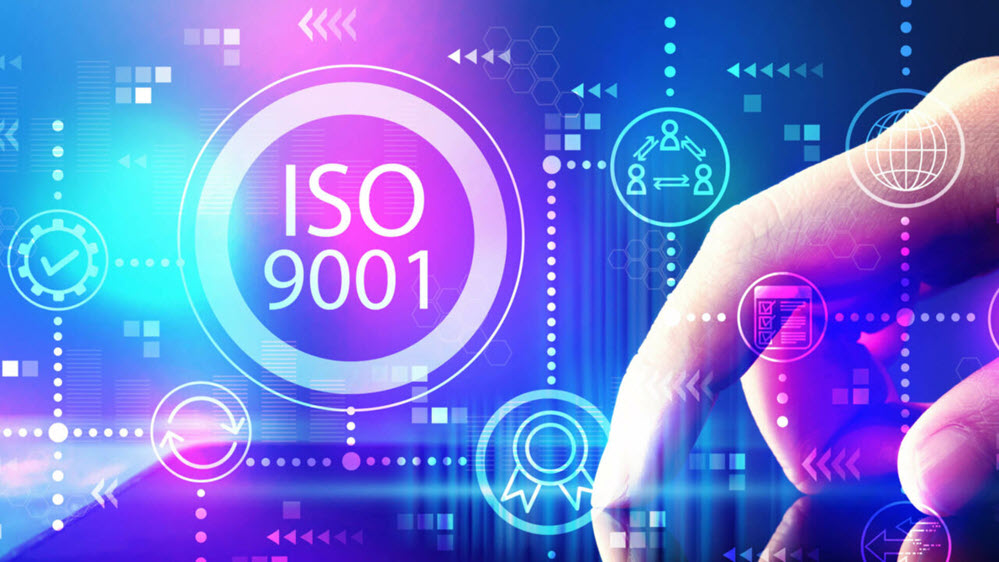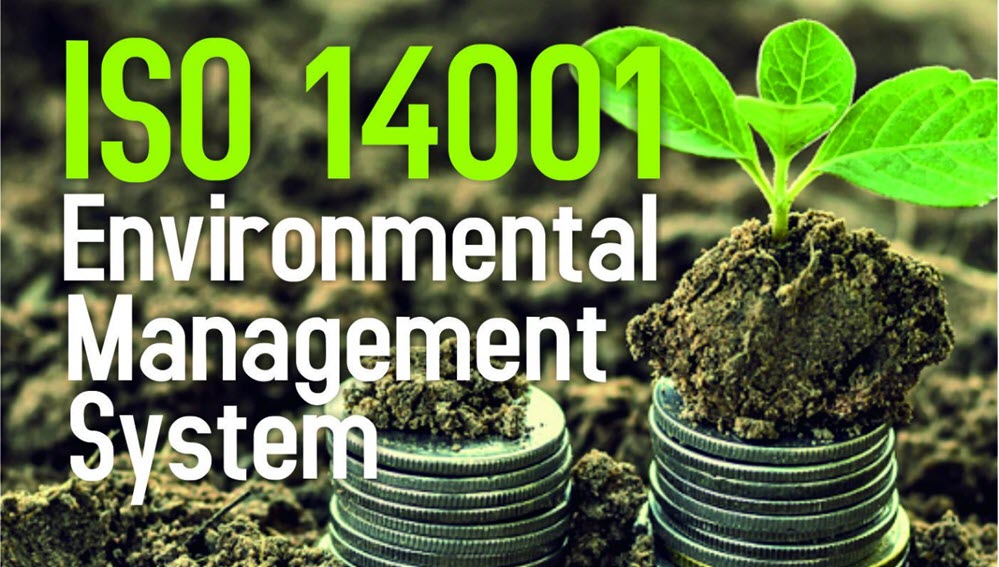EQMS Blog

What Is IMS Meaning In ISO?
IMS is short for Integrated Management System. An IMS is a single structure which is designed to incorporate the requirements from different management system standards into one integrated management system. There are several reasons why this is beneficial, including preventing different systems being managed silos and to make processes much more efficient. So, in a nutshell, an IMS combines every aspect of an organisation’s processes, systems, and standards into one system as a whole. An organisation can make its management more efficient, increase competence and save time because of this merger as every element of the management system is addressed as one smart structure.
IMS Meaning in ISO
The IMS meaning in ISO refer to an effective and efficient Integrated Management System that allows an organisation to eliminate the needless hassle and struggle of managing multiple management systems. For instance, an organisation will conduct internal audits against their IMS instead of similar type of audits against multiple systems. An organisation will need to streamline a complete system which is capable of covering every key requirement across multiple ISO standards. In this aspect Quality Management System (ISO 9001), Environmental Management System (ISO 14001) and Occupational Health & Safety Management System (ISO 45001) can be combined to serve this purpose. Because of Annex SL, which is the high-level structure used across ISO standards, the integration process is a lot easier now. The implementation becomes seamless due the simple language and it also ensures every stakeholder has a clear understanding of what needs to be done. It allows us to concentrate on continual improvement without wasting extra time and resources in key areas.
ISO 9001
Certification to the ISO 9001 standard demonstrates that an organisation is fulfilling the necessary conditions of a Quality Management System (QMS) in the capacities of people, training, facilities, services and equipment. It should be kept in mind that obtaining this certification acts as the initial step in the implementation of a continual improvement process on the overall organisational functions.
ISO 14001
Another prominent standard is ISO 14001, where a certification demonstrates an organisation has a capable Environmental Management System (EMS). This standard has become increasingly popular in the resent years where the environment has become very much in focus. In addition to reducing cost and an organisations impact on the environment, is also provide a better image that could have an positive impact with future clients.
ISO 45001
In addition to the other two, ISO 45001 also holds a leading position in the ISO standards and it is acknowledged all around globe. The latest H&S standard ISO 45001, covers the main occupational health and safety aspects. It can deliver an efficient structure to minimise workplace risks, improve workforce safety and establish enhanced working conditions for the overall workforce.
Implementing an IMS
When implementing an IMS it is important to have the adequate expertise and a component person to lead the project. This can be the difference between ending up with a clunky inefficient system or one that drives improvement on a continual basis. A lot of organisations choose to hire an IMS Consultant from a third party to ensure they end up with an efficient system in the end.
Importance of IMS in ISO
There are number of promising reasons which can considerably prove the actual worth of integrating management systems. An obvious advantage is that it allows an organisation to implement just one set of documentation. This means that an organisation will only be required to train its workforce on a single system. Likewise, when the employees complete their training, they will need to follow one process instead of getting confused with multiple systems. An additional key benefit of integrating the management systems is establishing consistency in the overall functions of an organisation.
If you are considering to integrate your management systems or implement an Integrated Management System from scratch, then contact us for a free consultation on how we can support.

Request a free consultation
Contact us to discuss your needs and see how we can support to reach your goal.

Recent posts

In today's digital age, businesses are constantly exposed to various cyber threats. As a result, companies must adopt a proactive approach to cybersecurity to prevent data breaches, theft, and other...

Quality management systems are essential in ensuring that organisations can deliver quality products and services consistently. The International Organisation for Standardization (ISO) developed the ISO 9001 standard to help organisations...

ISO 14001 is a globally recognised standard for environmental management systems (EMS) that helps organisations manage their environmental impact and improve their sustainability performance. Obtaining this certification demonstrates a company's...
Just a Few of Our Clients
Request a Free Consultation
Contact us to discuss your needs and see how we can support to reach your goal.















